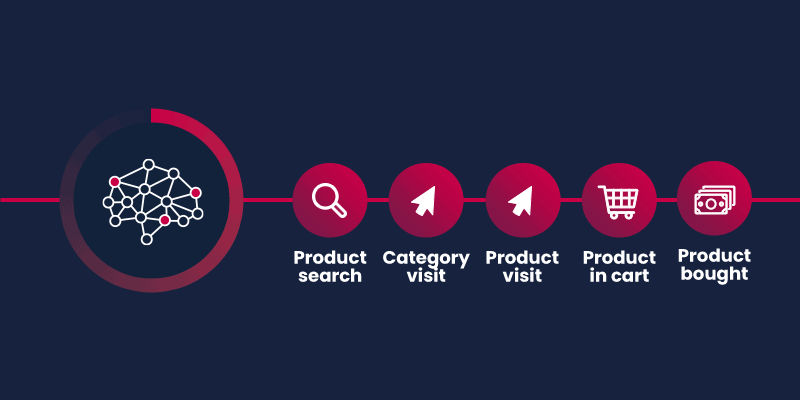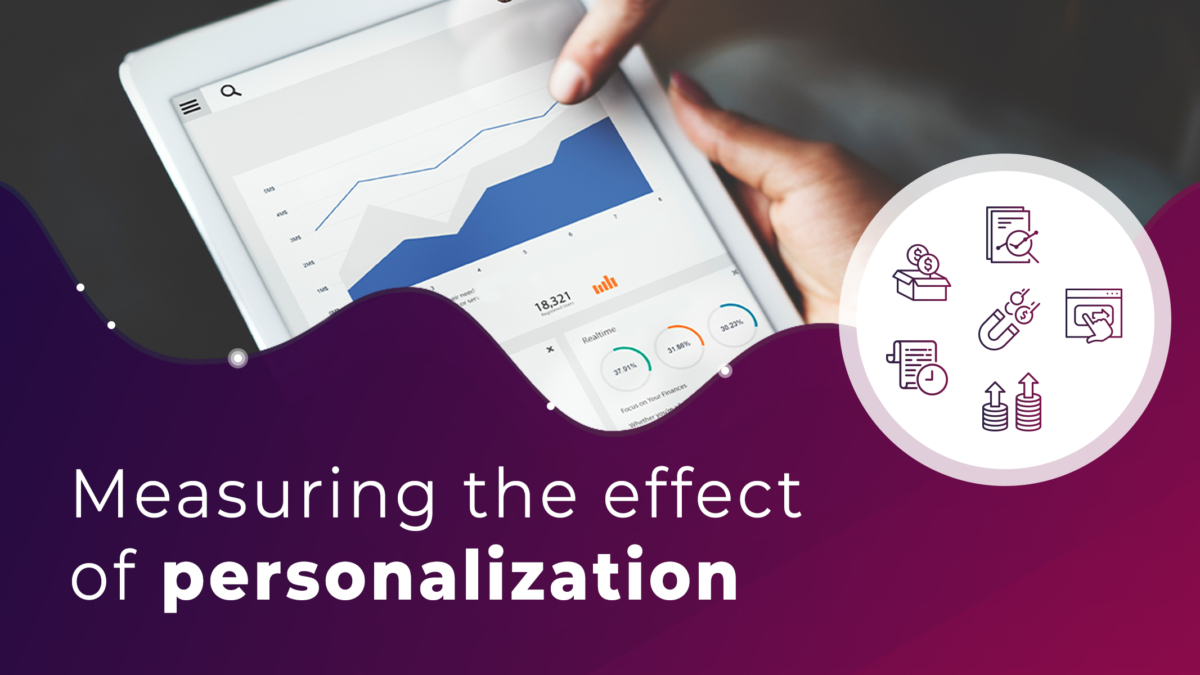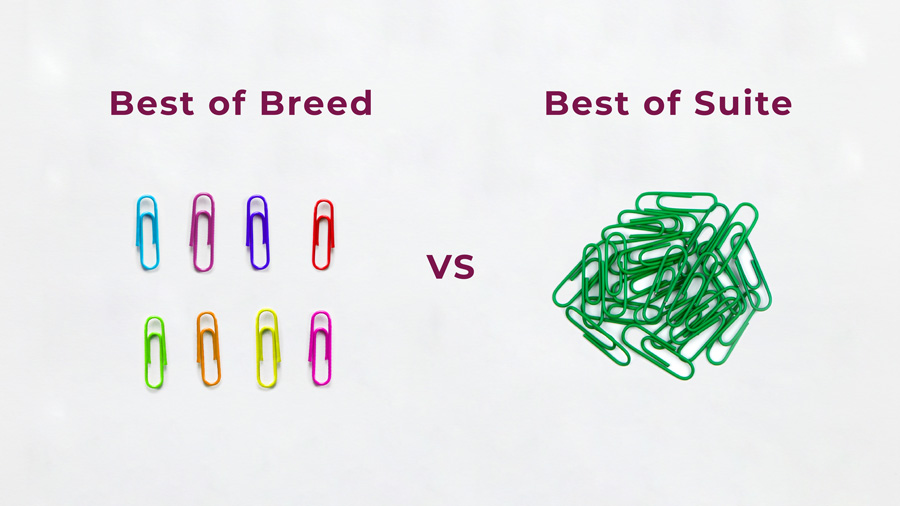8 Features Every E-commerce Search Engine Should Have
Aug 15, 2023 | Site Search, ecommerce

What is Site Search in E-commerce?
Site search in E-commerce is when a search engine is integrated into your online store, enabling customers to search for the products they’re looking for on your site.
Site search matches users’ keywords with products while (ideally) taking into account personal interests and behavioral data when choosing and ranking products.
Every query entered by the user is taken into account, including product name, color, size, and product code.
Why is the search bar important?
The search bar is an essential part of any online shopping experience. It helps your visitors navigate your online store, find what they’re looking for, and – finally – convert.
In fact, search users are, on average, 7-10 times more likely to convert than other visitors.
Accelerate your revenue: Race ahead with Website Personalization
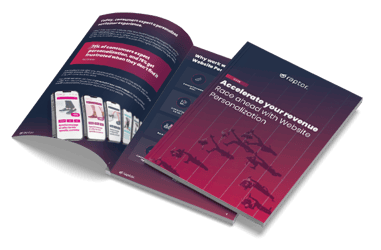
This guide will show you how to personalize your entire website for each individual visitor – all you need to create a personalized customer experience on your website.
Visitors are generally divided into 2 groups:
- Browsers: These visitors are midway through the buying funnel, and they might have some idea of what they’re looking for, but they still have some research to do. Here, the search bar can be a great help, if you fill it with helpful recommendations.
- Searchers: This type of visitor is generally near the end of the buying funnel. They already know what they’re looking for, maybe even the brand, the color, or the size. They just need the search bar to show them that exact items they want.
Why should you use data in your site search?
Using customer data for your site search is a necessary part of delivering a satisfying online shopping experience. In fact, not delivering this experience can be a big turn-off:
When a customer enters your website with such clear intent as the searchers do, the worst that can happen is greeting them with a wall of nothing:
0 results.
In fact, 10-15% of all ecommerce searches end on a 0-results page because they don’t process language variations well.
Worse yet, 70% of e-commerce search implementations don’t return relevant results for synonyms. This means that the user won’t get results unless they search for the exact terms used on that site.
We all have vastly different intentions and vocabulary when we search for something. That’s why your search should be able to embrace the multitude of different shoppers using your site.
And let’s be honest: Expectations are high. If you’re unable to deliver the smooth, fast search experience visitors are used to, they’ll abandon you in favor of a competitor who can.
To check if your search engine is up to scratch, here is a list of the most important abilities your search engine should have.
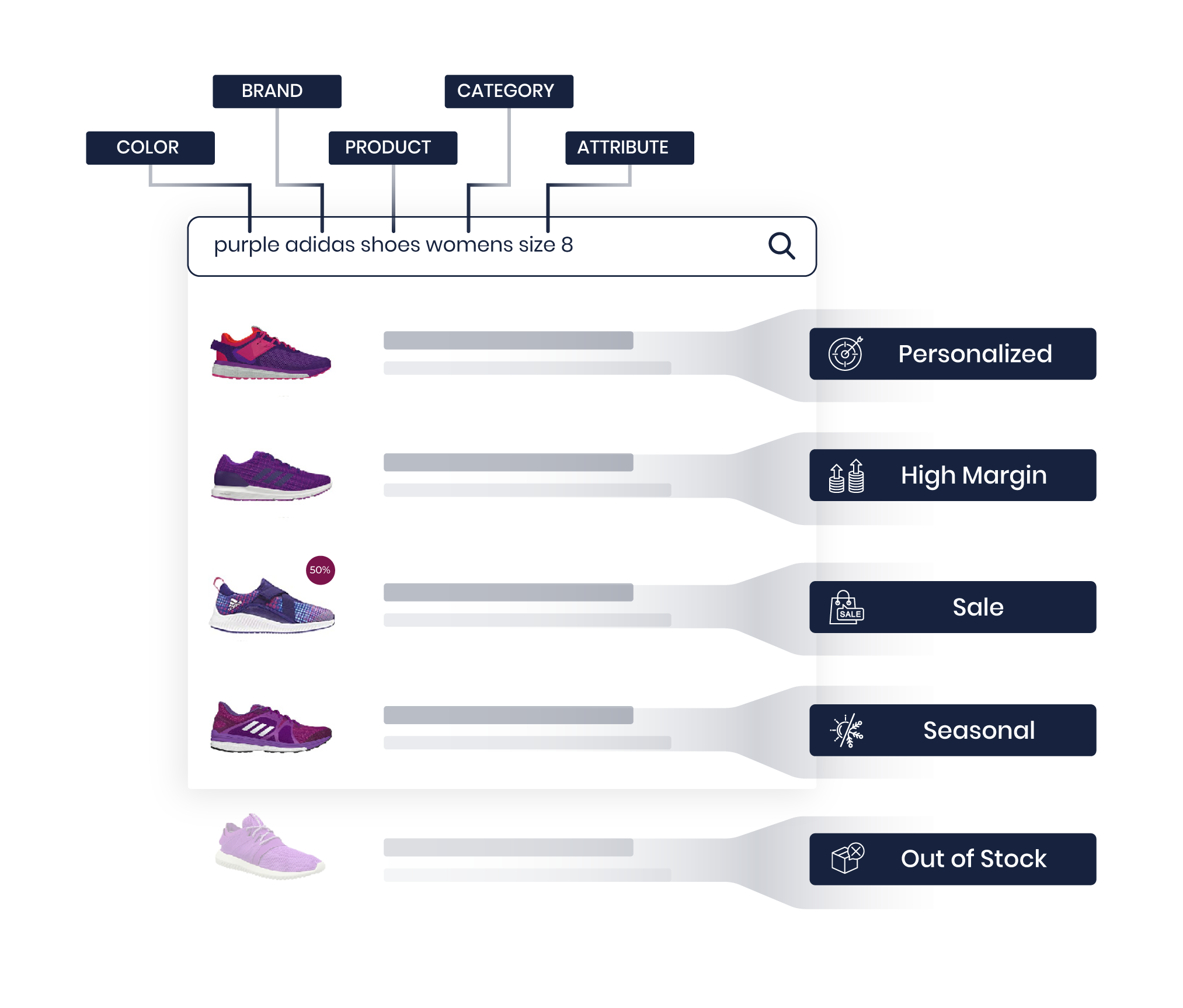
How to create the best, personalized search experience
- Understand User Intent: A good search engine should be able to accurately understand user intent behind search queries. By employing natural language processing and semantic analysis, the engine should be able to decipher the context and purpose of a search, ensuring relevant results are provided.
- Understand language differences and typos: Sneakers, running shoes, or trainers? These could be referring to the exact same type of shoes, depending on who is searching. The same goes for brand names that the searcher might not know how to spell correctly. Your search engine should be able to embrace these language differences and typos to make sure each customer finds what they’re looking for.
- Type-ahead: You’re already very used to type-ahead on search engines like Google. Well, these expectations are extended to your website search engine, too. It’s not just a question of making the search as quick and easy as possible. It should also predict the wants and intents of each user.
- Avoid the 0-result page: Sometimes a search doesn’t match an exact result. But then you should at least show some potential matches that might work out for the searcher. Avoid the 0-result page at all costs, as it can quickly create enough frustration that your visitor may leave your site entirely.
- Responsiveness and speed: A search engine should deliver search results promptly, minimizing loading times and delays. Responsiveness is crucial to maintain user engagement and satisfaction, enabling quick access to the desired item.
- Sponsored search results: It’s the age of Retail Media, and that goes for your search engine as well. By allowing your vendors to pay for a boost in your search engine, you get an extra revenue stream – and improve your relationship with sponsoring vendors
- Product ranking: How should your products be ranked? A good e-commerce search engine allows you to boost and suppress search results based on your strategy. Examples include brands, categories, profit margins, and stock status – all parameters that matter when planning campaigns.
.gif?width=1011&height=689&name=Raptor-Services-Search-Re-rank%20(1).gif)
What are the differences between Recommendation vs. Personalization? Find out here!
Which e-commerce search engine should you choose?
When it comes to finding the ideal e-commerce search engine that embodies all the necessary traits for a satisfying and efficient experience, Raptor’s Site Search is an excellent choice.
It has all the necessary abilities of a top-shelf search engine, including:
- Understanding user intent
- Profiling user preferences
- Accommodating language differences and typos
- Type-ahead suggestions
- High responsiveness and speed
- Supporting sponsored search results
- Customizable product ranking
By implementing Raptor Site Search, you can enhance customer satisfaction, boost your bottom line, and stay ahead in the competitive ecommerce landscape.
Related Content
You might also like
In today’s E-commerce landscape, Website Personalization is completely essential to drive...
Learn More
Raptor is proud to present our most advanced recommendation module to date. Find out what the new...
Learn More
If you're ambitious in your marketing strategy, you've probably already heard of omnichannel, or...
Learn More
I hate to break it to you. The level of personalization you experience when you visit a normal...
Learn More
Seasons change, fashion cycles repeat, new styles appear. Fashion is unpredictable, and yet utterly...
Learn More
Today’s customers expect personalized customer experiences tailored to their preferences. 91% of...
Learn More
As a vendor, Raptor is dependent on our client’s investment, and therefore we need to illustrate...
Learn More
Personalization and SEO essentially have the same goal, to increase your revenue. However, they use...
Learn More
There is a difficult but important decision to make when you decide to implement a new tool. Before...
Learn More
Intelligent data usage is always the foundation of successful personalization solutions.
Learn More
Let us show you what you can achieve with premium personalization


A Raptor expert can share more about the product and answer any questions you have.



